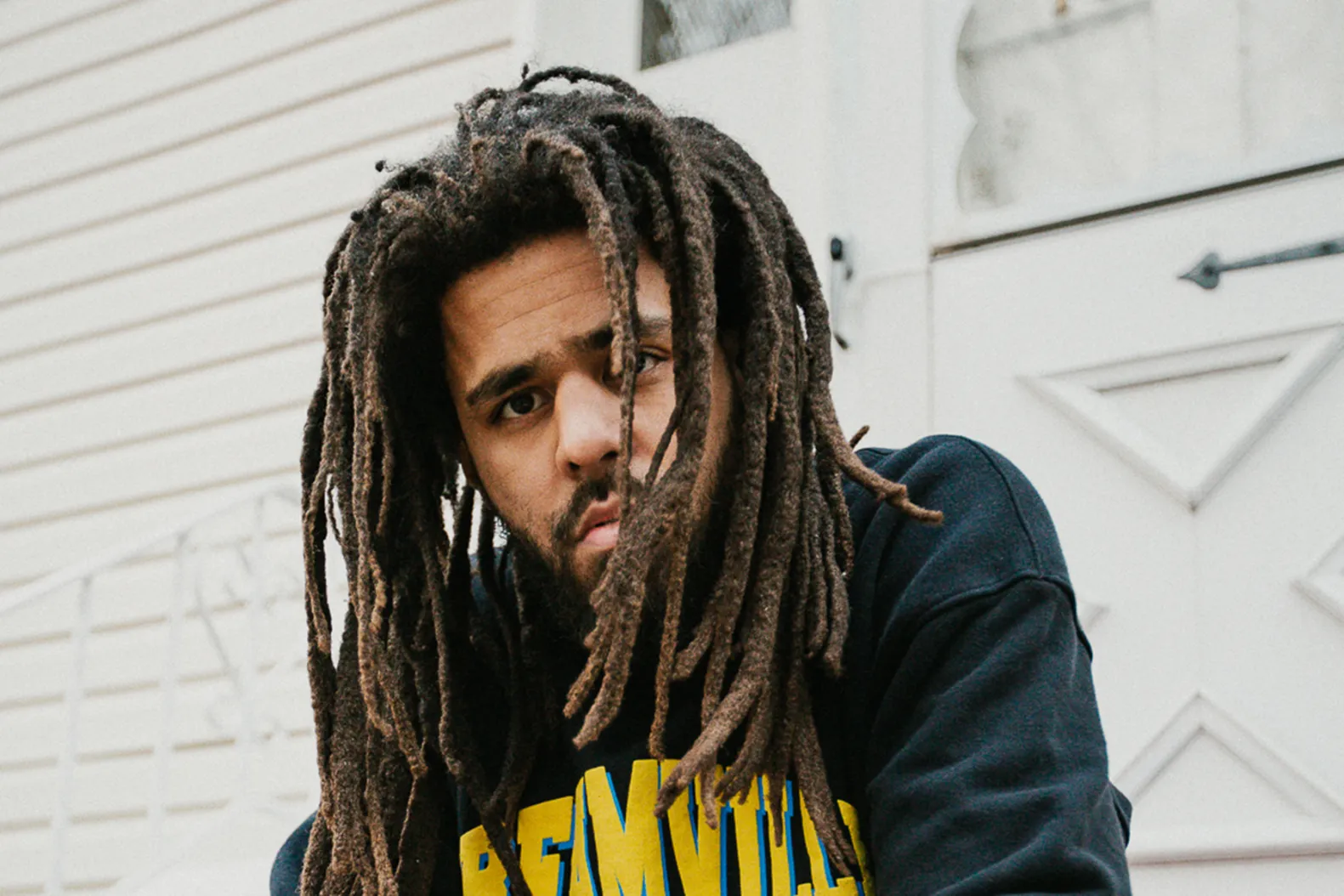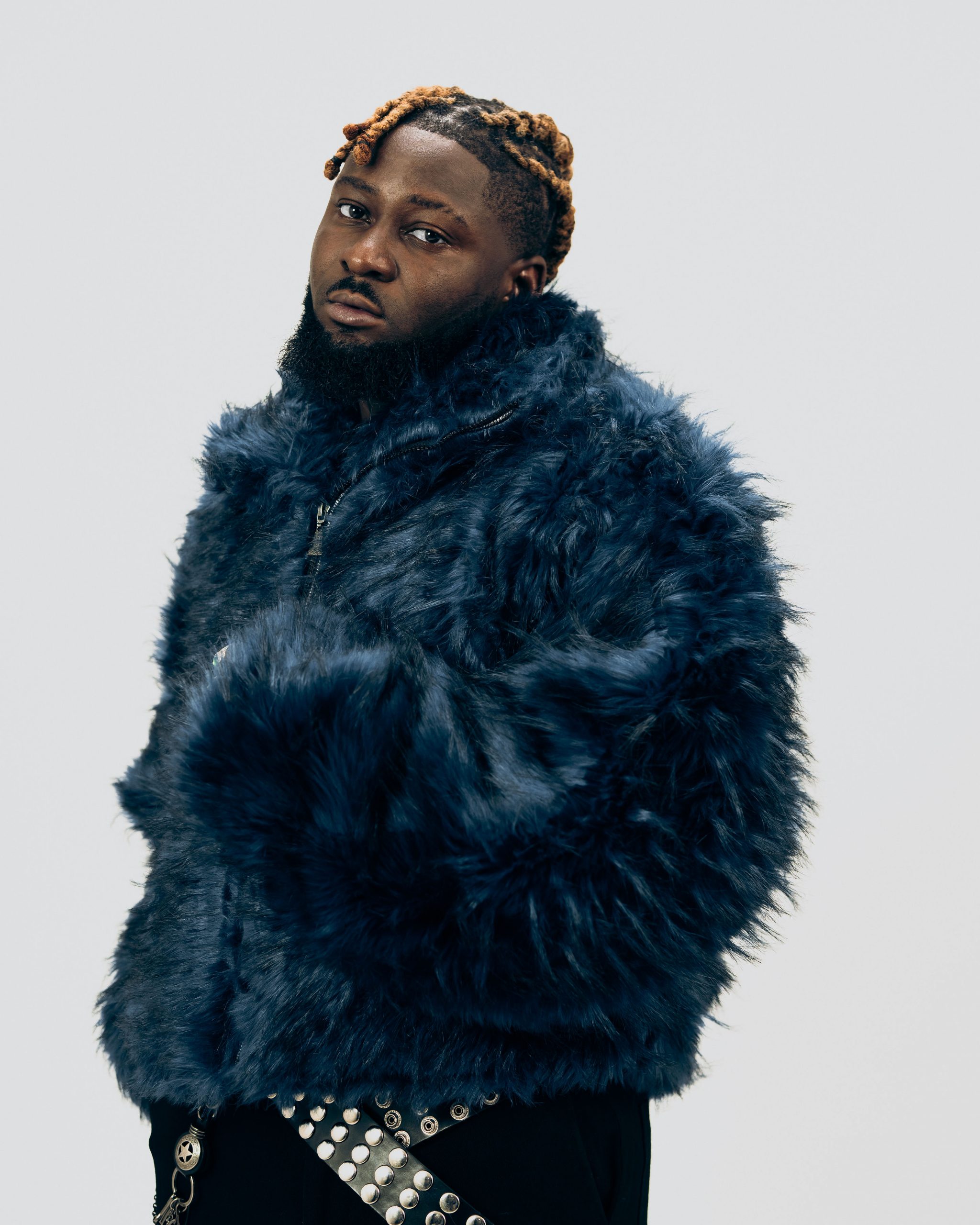The year of 2024 marked another sonic explosion in Nigeria’s music scene, as new names joined the growing constellation of Afrobeat stars. Yet beyond the noise and hits, a subtler movement is unfolding—one that challenges what Afrobeats is, and more importantly, what it can become.
The story of Afrobeats is one of rebellion, rhythm, and relentless reinvention. From its political origins through the revolutionary genius of Fela Anikulapo Kuti to the dance-floor dominance it commands today, Afrobeats has travelled a vast trajectory. Its DNA—African drum patterns, offbeat grooves, and polyrhythmic cadence—is unmistakable. But therein lies both its strength and, arguably, its limitation. While it has garnered international acclaim and fandom, its signature patterns have become so standardized that space for experimentation has shrunk. In response, a new cadre of artistes is deliberately disrupting this norm.
However, this has drastically reduced the frequency with which Afrobeats can be experimented with or reinvented. Noticing this gap, a few artists, namely Gimba, Melvitto, and Odeal, have redefined what exactly Afrobeats is with new elements such as mid-tempo beats with strong backbeats, soulful chord progressions, love, heartbreak, and spontaneous solos to show that musical ingenuity in Africa still exists. Now, Afrobeats has grown beyond its core elements to synchronize with R&B, intricate instrumentals, soulful lyrics, and jazz in a more prominent and stand-alone approach.
These three visionaries are reshaping what Afrobeats can mean in the 21st century by infusing it with R&B, soul, jazz, and emotionally resonant storytelling, they are stretching the genre beyond its previously accepted confines.
The fact these artistes have developed a taste for smooth melodies, lyrical depth and intricate instrumentals does not downplay the strides of other musical stalwarts from Nigeria’s musical past who bore witness to the birth and explosion of Afrobeats, during a time where Nigeria was trying to exert her independence from foreign influences and focus on homegrown talent and resources, music included. This ideology, though laudable, made it difficult for Afrobeats to fuse with other genres in a way that all of them could co-exist on a track. Rather, Afrobeats constantly overshadowed them.
Melvitto: Minimalism with Maximum Impact

Melvitto
Listening through Melvitto’s discography tells that he enjoys utilising an intricate mix of Afrobeats, R&B, and soul in his music and gives meaning to the phrase, less is more, as proven on his Wande Coal-assisted track, Gentility, released in 2019. Melvitto is a master of emotional understatement.
The simplicity of the production, soft-spokenness of Wande’s lyrics, which lifted the melodies playing in the background, and the benign, yet assertive, blend of R&B with Afrobeats rhythms to say that being gentle does not amount to being stupid can only be described as masterful. Then there’s The Feels, a smash hit off his 2017 EP, soon. What many may find particularly endearing on this track, aside from expressing the frustration of love and desire in a one-sided relationship, is its delivery on soft percussion and smooth synths, R&B-influenced melodies, subtle basslines, and guitar riffs with the aid of a rich and emotive voice.
And these are recurrent themes in Melvitto’s musical catalogue. Though he is more of a producer, Melvitto displays an innate ability to forgo stacking too many layers and levels onto his production as an artiste, and this is a particular characteristic that makes me relish his beats and taste the quality inherent in his lyrics. There is no harshness or ruggedness to him or his music. No rush whatsoever. There is only Melvitto’s smoothness with music that makes audiences pulsate and move to his unique sound.
Odeal: Cupid with a Microphone
Odeal’s musical approach is deeply personal and borderless. With roots that trace through Spain, Germany, Nigeria, and the UK, his sound is an organic fusion of influences.

Odeal
Another artist who’s mainstreaming the equal balance of Afrobeats and R&B in his unique way is the Soh Soh crooner, Odeal. Odeal approaches his music with a cupid’s eye view, in the sense that he reflects experiences of love, heartbreak, and everything in between in a genre-bending manner.
An example of this is Coffee (Don’t Read Signs), his 2022 hit single. Here, he sings that Ama play this waiting game/’Til I feel the weight of your pressure, baby on mellow rhythms and subtle guitar licks to make it clear that he’s only ready to commit in a relationship if he senses the same from his lover/partner.
On Lustropolis (2024), Odeal finds solace in the ease of being open and honest about a lost love.
The poignant emotions he evokes, solid R&B foundations, and rawness of personality on the EP make him undeniable as an artist who incorporates R&B and soul just as much as he does Afrobeats, like what he did with the upbeat nature of Sunday at Zuri’s, released earlier in 2024.
Sunday at Zuri’s combines modern R&B with Afrobeats in an artful manner to create danceable, waist-twisting tracks that make me feel music as opposed to just listening to it. He doesn’t simply make music for the club; he crafts soundtracks for intimacy, nostalgia, and self-reflection.
These EPs certify that Odeal, using his leanings from the musical landscapes aforementioned, understands music from a certain perspective and this has only worked to solidify his musical language, lyrical depth, and tonation.
These projects reflect a genre-bending ethos that aligns R&B and Afrobeats on equal footing, making him a quiet but undeniable force in this new vanguard of African music.
Gimba: The Jazzman of Afrobeats
Then there is Gimba, whose innovation lies in marrying Afrobeats with jazz—an experimental risk that pays off handsomely.

Gimba
Gimba is another artist who’s pushing and exploring the wide spectrum of Afrobeats. Stylised as African Jazz, Gimba combines jazz and Afrobeats on equal footing to create a sound that announces his presence before he utters a syllable.
This delivery is clear on Tingrado, released in 2024 – with Olamide’s vocals on the track, the track combines traditional African drums, groovy bassline, syncopated rhythms, and subtle brass sounds, which allude to jazz influences, to create an engaging and energetic beat to Whine your waist till e dey pain you, Gimba sings.
Off his 2024 project, Amince De Tsari, Gimba sings about positivity, joy, and being grateful for his trials and tribulations on Happy. The song employs uplifting chords, melodic synths, and has an upbeat, mid-tempo rhythm that works in melody with Gimba’s vocals to tell his listeners about his trials and tribulations and to motivate them to continue moving forward in spite of whatever challenges they encounter. This synchronisation also allows the track to retain a groovy flow that keeps listeners engaged with Gimba’s tunes.
The distinctiveness of Gimba’s sound sets him apart as an artist with the dexterity to pioneer Afrobeats in an unexplored way. Having released hit songs featuring superstars like Wande Coal, Sarz, Wizkid, and Olamide with his African jazz approach to music, Gimba is poised to take over the current landscape of Nigeria’s musical scene, doing so with melodies, meaning, and grooviness in his arsenal.
The Larger Question: What Is a Sound?
As musically conscious as we often claim to be in Nigeria, the true appreciation for experimentation within Afrobeats remains underwhelming. More often than not, both emerging and veteran artists build their sound around what Afrobeats is, rather than exploring what it can become.
This raises a compelling question: What does it truly mean for an Afrobeats artist to “have a sound”? If the essence of your artistry can be found replicated across another artist’s track—just with alternate lyrics or a familiar palette of Afrobeat elements—then what defines your originality? When multiple artists use the same beat patterns and lyrical themes, can we still speak of originality?
In today’s fast-moving music industry, “having a sound” has become a badge of honour—but one that is often misunderstood. Gimba, Melvitto, and Odeal challenge the reductive view of Afrobeats as a fixed formula. Instead, they argue through their work that the genre is a canvas for innovation, not a template to replicate.
Their music prioritizes craft over clout. It engages emotion before virality. It is sonically rich without being overproduced, and emotionally resonant without pandering to trends. In a musical climate increasingly obsessed with hit potential, these artists champion music as an art form, not just a product.
A New Frontier for Afrobeats
While Afrobeats is a generous canvas open to infinite use, this freedom has sometimes come at the cost of originality and creative distinction within the Nigerian music scene. But in the midst of the familiar, artists like Gimba, Melvitto, and Odeal emerge as outliers. Through their avant-garde approach, they transcend the label of just “musical artists”—they are architects of a reimagined Afrobeats era. One that prioritizes the integrity and intention of sound over mass appeal, and dares to look beyond the expected.
The truth is, Nigeria’s music scene is more capable of nuance and experimentation than the charts might reveal. Yet appreciation for these sonic shifts remains niche. Much of the industry still prefers the tried-and-tested—the beats that bang, the hooks that stick. But what happens when Afrobeats grows up?
With Melvitto’s technical finesse, Odeal’s emotional range, and Gimba’s genre-defying approach, we may be witnessing a quiet revolution. These artists aren’t rejecting Afrobeats; they are elevating it. They’re showing us that our sound is not static—it’s elastic, expansive, and still full of undiscovered depth.
And perhaps the most radical thing they do is remind us: Afrobeats isn’t just about how it makes you dance—it’s about how it makes you feel.
Guest written by Olumuyiwa Aderemi
Curated & Edited by Music Custodian.




